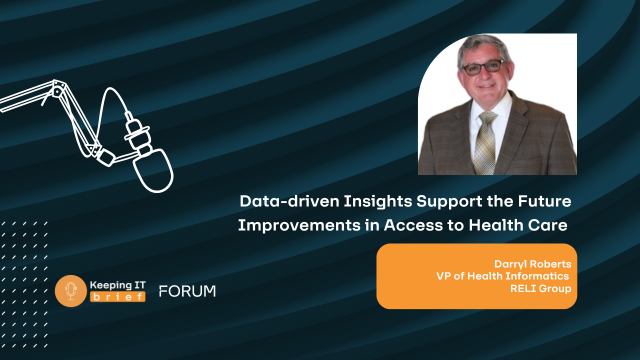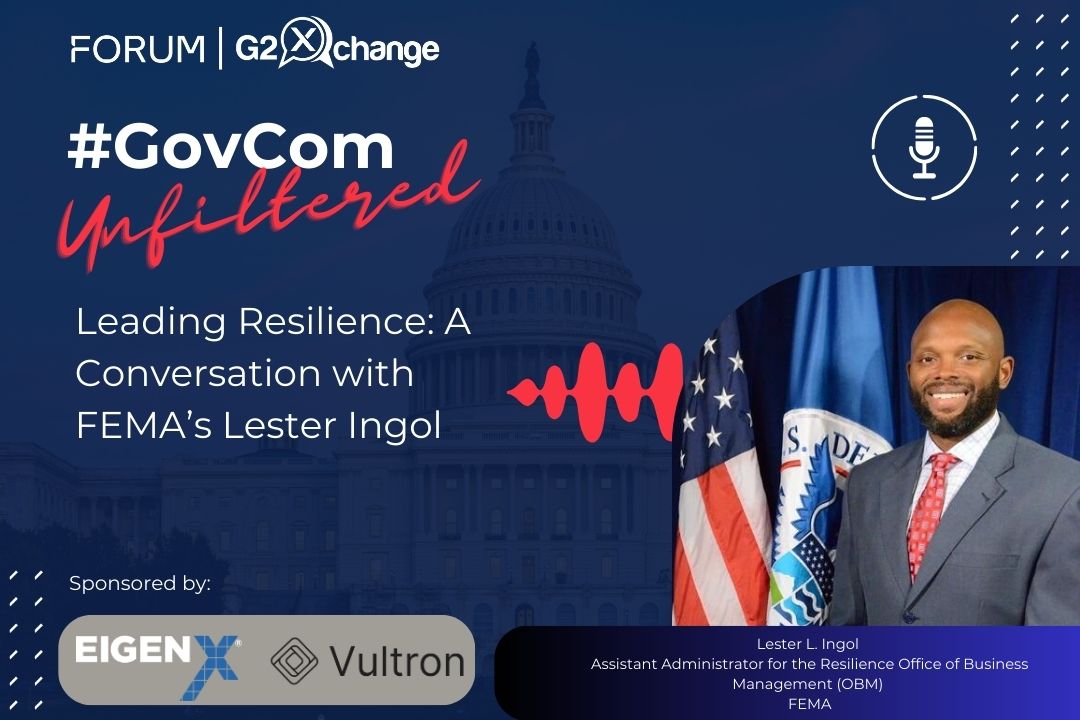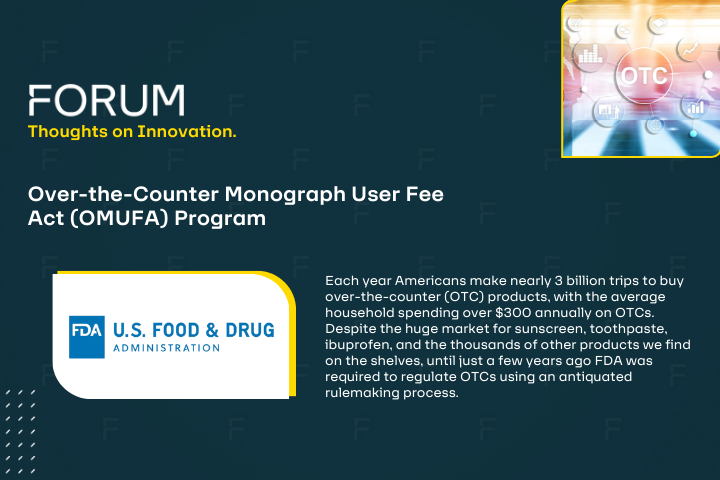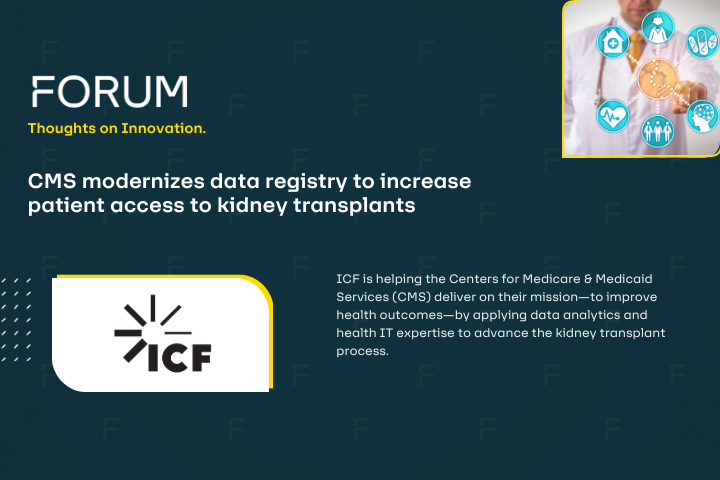In this interview, Samantha Radtke, a fraud, waste, and abuse (FWA) expert from Optum Serve, discusses the opportunities for improved workflows and program integrity in the Federal space by taking advantage of technology advances in artificial intelligence proven in the private space.
Technologies such as natural language processing can speed up program integrity workflows for federal agencies
Laborious manual processes present challenges for Federal agencies when using PDF files or images to determine things like benefit eligibility and prior authorization for Healthcare claims. These manual processes often riddle organizations resulting in delayed decisions and outcomes, and increased costs.
Some level of medical document review is required to ensure the integrity of federal programs including Healthcare claim validation and auditing, ultimately preventing improper payments from going out the door. In cases where this is a paper-driven process, the extraneous manual effort and costs involved force agencies to limit the number of medical reviews they take on. Unfortunately, this limitation can open the door for potential fraud and abuse. This susceptibility to fraud extends beyond medical claims as various images and PDF files are analyzed in other Federal scenarios such as determining Veteran benefit eligibility which requires analysis of large service history documentation.
Applying Natural Language Processing to Improve Commercial Program Integrity
In order to mitigate similar challenges that Federal agencies face with manual documentation review, Optum Serve has developed solutions using natural language processing (NLP) combining clinical models and rules to automate review of medical documentation. Using best practices from similar implementations in the commercial and private space, Optum’s Clinical Language Intelligence (CLI) platform leverages NLP to read medical records to drive clinical and administrative action. CLI reads narrative chart text and uses reasoning modules to identify indicator relationships, assess against industry guidelines, and infer significance.
CASE STUDY: Optum’s NLP-aided Retrospective Review Accelerates Accurate Risk Assessment
Using Optum’s NLP solutions, a ten-week deployment using NLP aided technology for an academic, medical center-based Health system’s retrospective clean-up resulted in:
- Review of encounters for more than 25,000 Medicare Advantage members across four payers and two years of care.
- Identifying $3.4 million additional care funding.
- Review of more than 300,000 codes, with approximately 20,000 codes accepted leading to the addition of 30,000+ unique HCC categories.
Overall, by leveraging Optum’s NLP technology, the team saved more than 2,200 hours of manual coding time and met all Centers for Medicare & Medicaid Services (CMS) deadlines to update per member per month (PMPM) reimbursement. The collaborative, time-saving approach drove high engagement across the coding operations team and surfaced best practices for the future.
Federal-Specific Use Cases on the Horizon
NLP and other artificial technology solutions which have been successfully implemented in the private sector can be tailored to help Federal agencies tackle similar challenges automating historically manual work. Optum Serve has a federal-specific Innovation Lab that includes a suite of NLP-technology designed to support Federal use cases and drive-up efficiency and cost savings. The Optum Serve team combines expertise in NLP to interpret text in a human-like way using open-source tools and automation platforms like our CLI platform to design solutions that meet different federal needs. [MS2]
As an example, leveraging similar artificial intelligence (AI) and NLP technology, Federal agencies like CMS could increase the number of claims reviewed for accuracy, reducing the number of improper payments, and saving taxpayer dollars. The right technology has the potential to minimize the cost of contracts which focus on supplemental medical review and allow the Medical Review Budget to be allocated back to higher priority budget items such as addressing the opioid crisis, promoting patient-centered Healthcare, and generally focusing resources toward proven and effective initiatives.
We are just beginning to experience the advantages and capabilities of AI like natural language processing, as an aid to Federal agencies aiming to deter fraud while increasing program integrity and cost savings.
About Samantha Radtke
 Samantha Radtke is currently a Business Analyst with Optum Serve where she focuses on optimizing business solutions and efficiencies for innovative health care fraud data technologies including data analytics and data science tools, fraud and law enforcement-focused data products and reports, as well as automation and data sharing opportunities across systems. She has nearly a decade of experience in the field of health care fraud investigations, as well as experience collaborating with the Centers of Medicare and Medicaid Services (CMS) and the Department of Justice on top fraud cases in the South Eastern United States.
Samantha Radtke is currently a Business Analyst with Optum Serve where she focuses on optimizing business solutions and efficiencies for innovative health care fraud data technologies including data analytics and data science tools, fraud and law enforcement-focused data products and reports, as well as automation and data sharing opportunities across systems. She has nearly a decade of experience in the field of health care fraud investigations, as well as experience collaborating with the Centers of Medicare and Medicaid Services (CMS) and the Department of Justice on top fraud cases in the South Eastern United States.
About Optum Serve
![]() As the federal health services business of Optum and UnitedHealth Group, Optum Serve offers federal agencies the robust health IT solutions that have proven successful at one of the largest health care organizations in the world — UnitedHealth Group. Our unrivaled health care knowledge combined with our end-to-end technology allows us to be a unique and reliable partner.
As the federal health services business of Optum and UnitedHealth Group, Optum Serve offers federal agencies the robust health IT solutions that have proven successful at one of the largest health care organizations in the world — UnitedHealth Group. Our unrivaled health care knowledge combined with our end-to-end technology allows us to be a unique and reliable partner.












